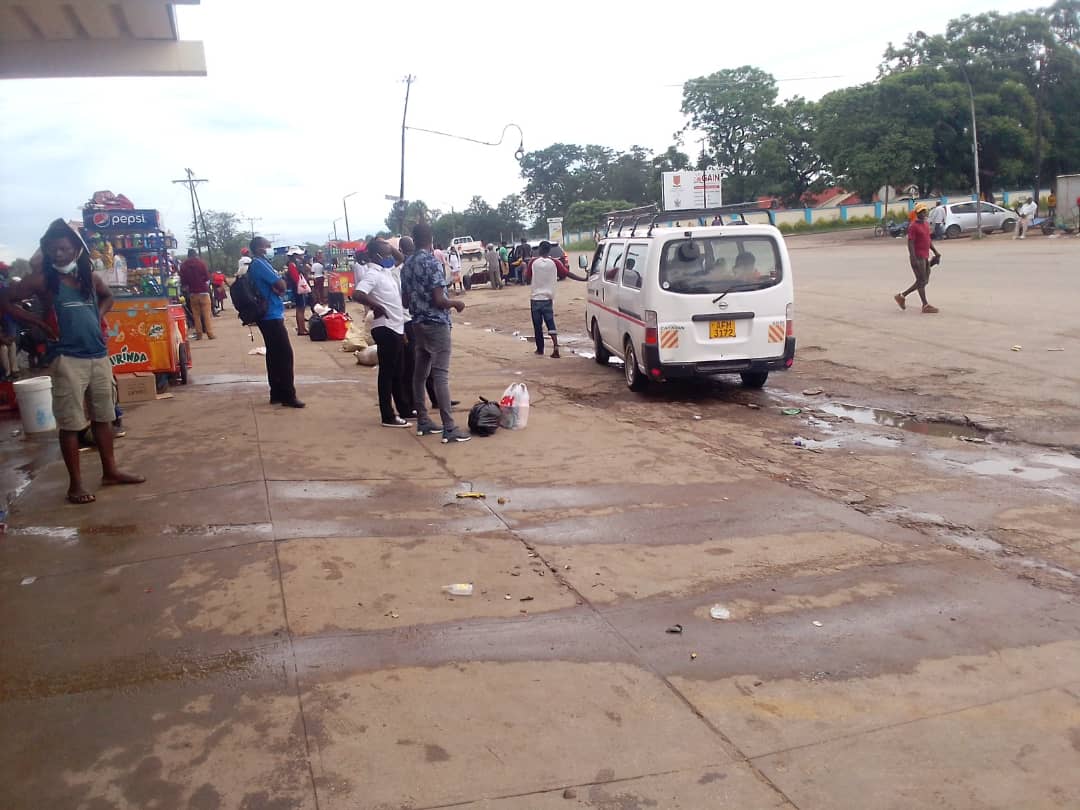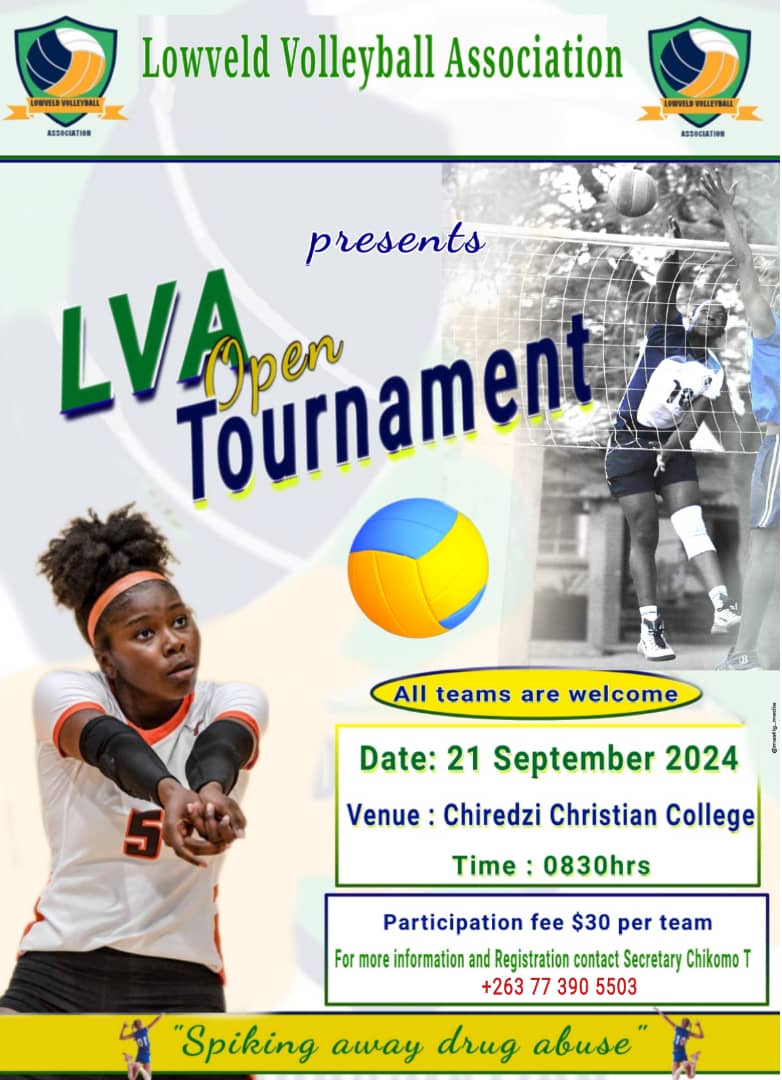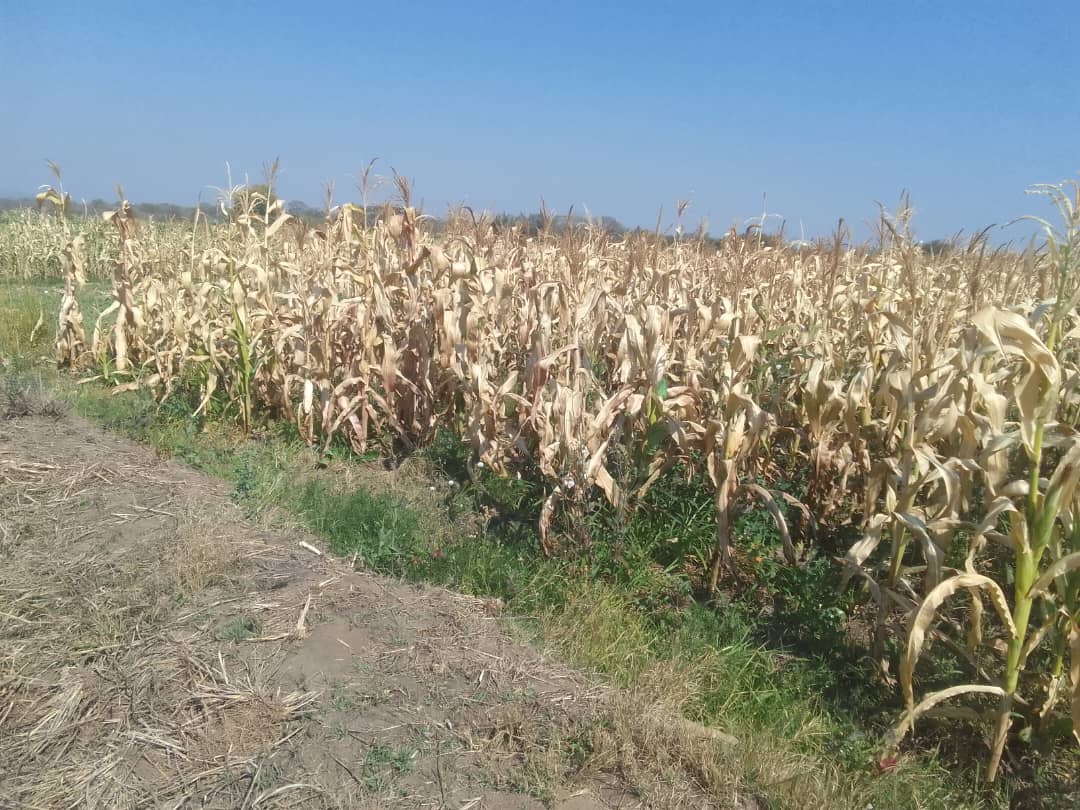…positive masculinity could help make women safer at home and outside
Public spaces are increasingly becoming hotspots of Gender Based Violence (GBV) that is targeted almost entirely against women largely due to persistent cultural norms that objectify females.
However, the somehow lucklustre attention that authorities the world over give to this very big problem annoys many interested groups, with Oxfam International recently calling GBV an ignored pandemic.
In Zimbabwe, bus termini are an example of public spaces that can be characterised as centres of GBV where women and girls are wantonly abused verbally, emotionally, physically and sometimes sexually.
Such violence is oftentimes perpetrated by touts (mahwindi) who take advantage of the vulnerability of female travellers who use public transport; harassing them and making fun of their anatomy.
These touts are often intoxicated by alcohol as well as by illicit substances which they abuse in order to feel high and be able to survive the hardships of their informal trade.
Many women suffer at least one kind of abuse at the hands of touts every day in Zimbabwe, and the vast majority of the cases go unreported.
Anti-GBV campaign must be continuous
Diana Chiyangwa, a South Africa-based photojournalist with a passion for gender equality and equity, said to defeat GBV in public spaces, the 16 Days of Activism Against GBV should cease to be an occasional event.
She said those few days should be transformed into an everyday normal, with the media giving the campaign more prominence.
“For starters, The 16 Days of Activism against the abuse of women and children should be an everyday call, and not an occasional campaign. I think there is lack of adequate reporting on the prevalence of GBV in public spaces. Women are not free to take a walk, drink freely at a night club, take a walk in the park, let alone use a public transport for that matter.
“Many cases of sexual harassment in public spaces go unreported especially by the mainstream media,” said Chiyangwa.
She said the process of opening a case by victims of GBV was cumbersome and challenging, with police visibility in public spaces to fight the problem being minimal.
The European Institute of Gender Equality says the term GBV can be used interchangeably with violence against women since it has been widely acknowledged that most GBV is inflicted by men against women and girls.
Such violence is a phenomenon which is deeply-rooted in gender inequalities, and it continues to be one of the most noticeable cases of human rights violations in the world.
Alouis Nyamazana, who is director and cofounder of Fathers Against Abuse (FAA), said GBV in public places was a pandemic which needed greater collective effort to tackle.
“GBV in public spaces is rampant. It indeed is a pandemic which requires all our attention but we haven’t done much to address the problem as a nation.
“As much as we need collective action against the pandemic, it’s also a fact that GBV is perpetrated mostly by men against women so we need to put much more effort in recruiting men so that they become committed agents against GBV,” said Nyamazana
He said urban local authorities needed to make such public spaces as bus termini friendlier to female users who at the moment are vulnerable to molestation and emotional abuse by their male counterparts as well as by rowdy touts.
FAA has won praise for its mobilisation of both family men and boys to speak openly in churches and in public places against GBV. In their work, FAA promote a theme of positive masculinity, emphasising the support and caring role that men should play at home to prevent disputes degenerating into violence.






